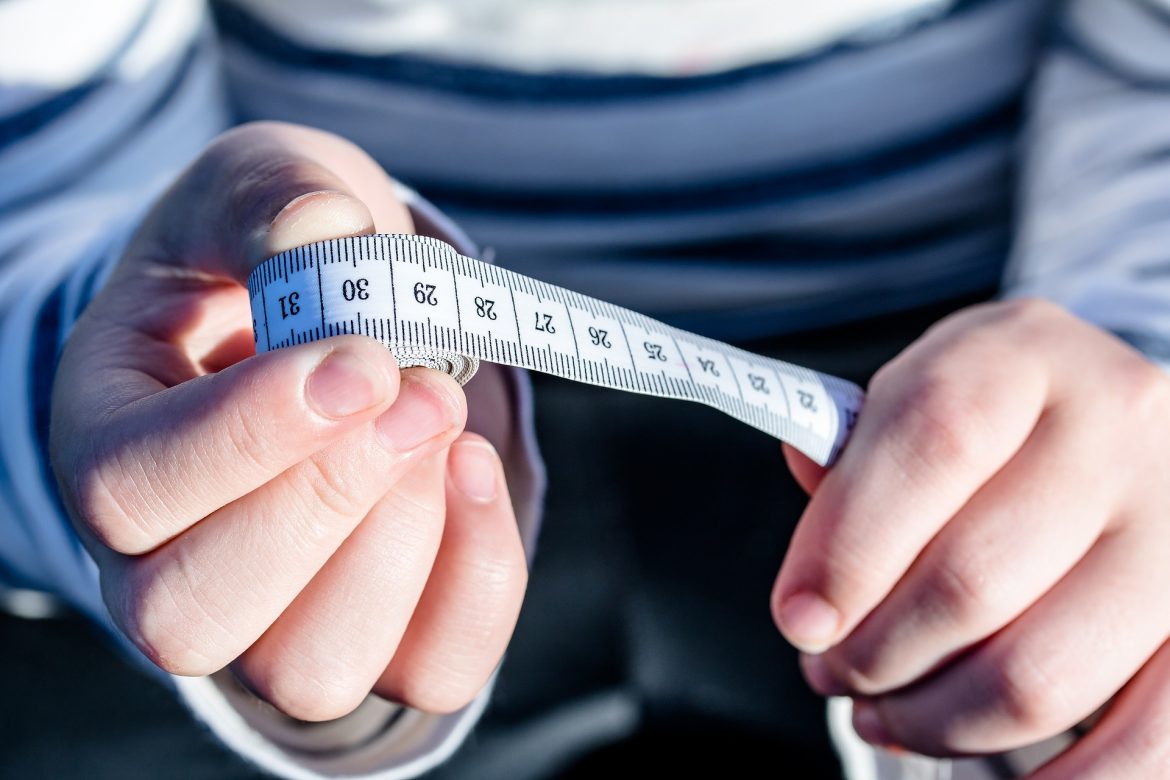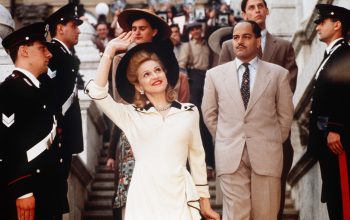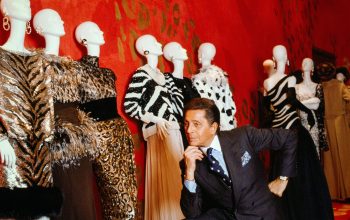Katie Budenberg remembers the first time she worried about being too fat. In primary school she was weighed as part of the NHS’ National Child Measurement Programme, which assesses overweight and obesity levels in children. She remembers thinking it would be the worst thing in the world if the brown envelope that contained her results told her she was fat.
That feeling is something she carried with her as she grew up and, gradually, it was a feeling she challenged.
At 22, she set up Make_Love_Not_Diets – a self-love Instagram account with 35, 000 followers (and counting).
For a long while, Budenberg had harboured secret ambitions to create such an account and to be a spokesperson for loving your body out loud, but she worried that people would dismiss it. After a candid conversation with a supportive friend (and a beer) she did it.
“It is very rooted in a riot against diet culture and just loving yourself no matter what the scale or society might say about your body,” Budenberg said of the account, on which she posts daily skits and reminders about accepting your body the size it is.
What is diet culture?
Budenberg is part of a growing number of activists working against diet culture.
Eliza Khinsoe, a nutrition counsellor and registered dietician, defined diet culture as: “The golden message that being fat is a bad thing and being in a larger body means you are unhealthy, and therefore we should all try and lose weight.”
Working for the London Centre for Intuitive Eating (LCFIE), Khinsoe explained that diet culture “profits off the idea that we can try and control something [our weight] which isn’t really actually in our power”, and that the LCFIE instead champions non-diet and weight inclusive health.
How can our weight not be within our control? Anti-diet activism removes the onus from the individual to watch their weight and scrutinises the external social determinants that contribute to a person’s weight.
Dinah Gibbons, founder of Bodykind Festival, said: “When you just talk about obesity without looking at it in the context of other issues that often run alongside people being fat – accessibility of food, food security, access to making choices around activity – it’s just easy to blame the individual.”
Diet culture validates insecurities around weight and blames individuals for failing to be slim in order to sell products and ideas that will create slimness without necessarily being healthy.
“People are making a lot of money out of it,” said Gibbons. “The money spent on beauty products and diets and so-called well-being schemes is massive. It is a significant part of the economy and that is dependent on making people feel that they are not okay exactly as they are.
“If we all woke up feeling fine in our bodies, companies would be collapsing all over the place.
“As an economy, maybe we can’t afford to feel okay.”
Diet culture fosters fatphobia which manifests both socially and systemically.
Gibbons, appearing on the Whatsapp screen for our interview in a turquoise boiler suit peppered in bright pink flowers, used to trade this look in for hospital scrubs. In her previous career as a midwife, Gibbons said she took notice of systemic fatphobia in the NHS.
“The NHS is really married to BMI scales and these horrible terms like morbid obesity,” she said. “It is so known that there is a poor evidence base for the BMI. It says so little about your health and even less about your worth.”
How it damages us
Diet culture’s equation between health and worth is why it can be so damaging.
Gibbons runs workshops with midwives as part of tackling fatphobia in the NHS. What she does is ask a group of midwives, who are mostly women, to picture themselves in a changing room. She asks them to imagine that they catch sight of their bodies from a different angle that they are not familiar with. She then gets them to write down the kind of thoughts that might come into their heads.
“They are 98 per cent negative,” she said. “Many of them are actually really distressing. Things like: you are disgusting. No one will ever love you. Look at the size of your stomach, that is disgusting. What’s happened to you?”
She said, in the resulting silence in the room, people realise just how pervasively and brutally fatphobia has been conditioned and internalised, and on just how big a scale.
Budenberg remembers being told throughout her childhood that she had “puppy fat”, but that it was no cause for worry because one day her body would change and the puppy fat would drop off.
She shook her head and laughed in disbelief at the memory.
“If you don’t then change, what does that say? I then felt like I was in a body that nobody approved of. And you then take matters into your own hands,” she said.
Khinsoe described this ‘taking matters into your own hands’ as a “hamster wheel” of doing things to ourselves that are not good for us, most often including disordered eating.
“There’s a very slippery slope between disordered eating and developing a more clinical eating disorder where there are mental health implications,” she said.
Impact of the pandemic
Beat, the UK’s leading Eating Disorder Charity, reported an 81 per cent increase in Helpline calls, a 162 per cent increase in social media contact and a 139 per cent increase in online group attendance between the first lockdown and August last year.
“The pandemic has created the perfect storm for eating disorders to come through,” Khinsoe said. “It’s a huge disruption to our lifestyles. We don’t have access to a lot of the things that would normally keep us healthy and happy.
“It’s really important to understand that disordered eating behaviours tend to be a coping mechanism or a response to other things that are going on. Where someone might have previously had disordered eating behaviours when they were particularly stressed, now they are stressed all of the time and so they are doing it frequently.”
The increase in disordered eating and eating disorders is a symptom of the problem, not the problem itself.
Addressing the problem by dismantling diet culture
At the LCFIE, Khinsoe counsels clients through intuitive eating – recalibrating their relationship with food, distancing them from the social, oppressive ideas around food and bodies and weight and understanding what they want and need according to cues from their bodies.
Budenberg, with Make_Love_Not_Diets, wants people to take care of their physical and mental health in ways that are not contingent on numbers flashing up from a scale.
“Really, it is about having this wonderfully balanced lifestyle. That you don’t feel guilty when you have eaten bad foods and you can just enjoy everything and move your body in ways that you want to, not just do exercise that burns the most calories in the shortest amount of time,” she said.
Gibbons stresses the importance of finding a supportive community and has found social media to be integral in this.
“By really actively diversifying my social media feed I was getting images which absolutely was not what I was seeing on mainstream media,” Gibbons said.
“Seeing fat women looking absolutely brilliant and celebrating their bodies and wearing whatever they damn well want. That really helped me see what I had internalised. And it felt like a waking up of something in my head.”
Budenberg, Khinsoe and Gibbons’ passionate reflections broadly boiled down to a shared goal: for people to accept themselves, and be accepted, the size they are.
“If you have a little glimpse into accepting your body just as it is, there is such a sense of liberation and freedom in that,” Gibbons said.
“It opens your eyes to the light that you can have, that is possible. I would really like more people to experience that. That’s the dream. For people to wake up to really what makes them feel most alive. For us all to.”






